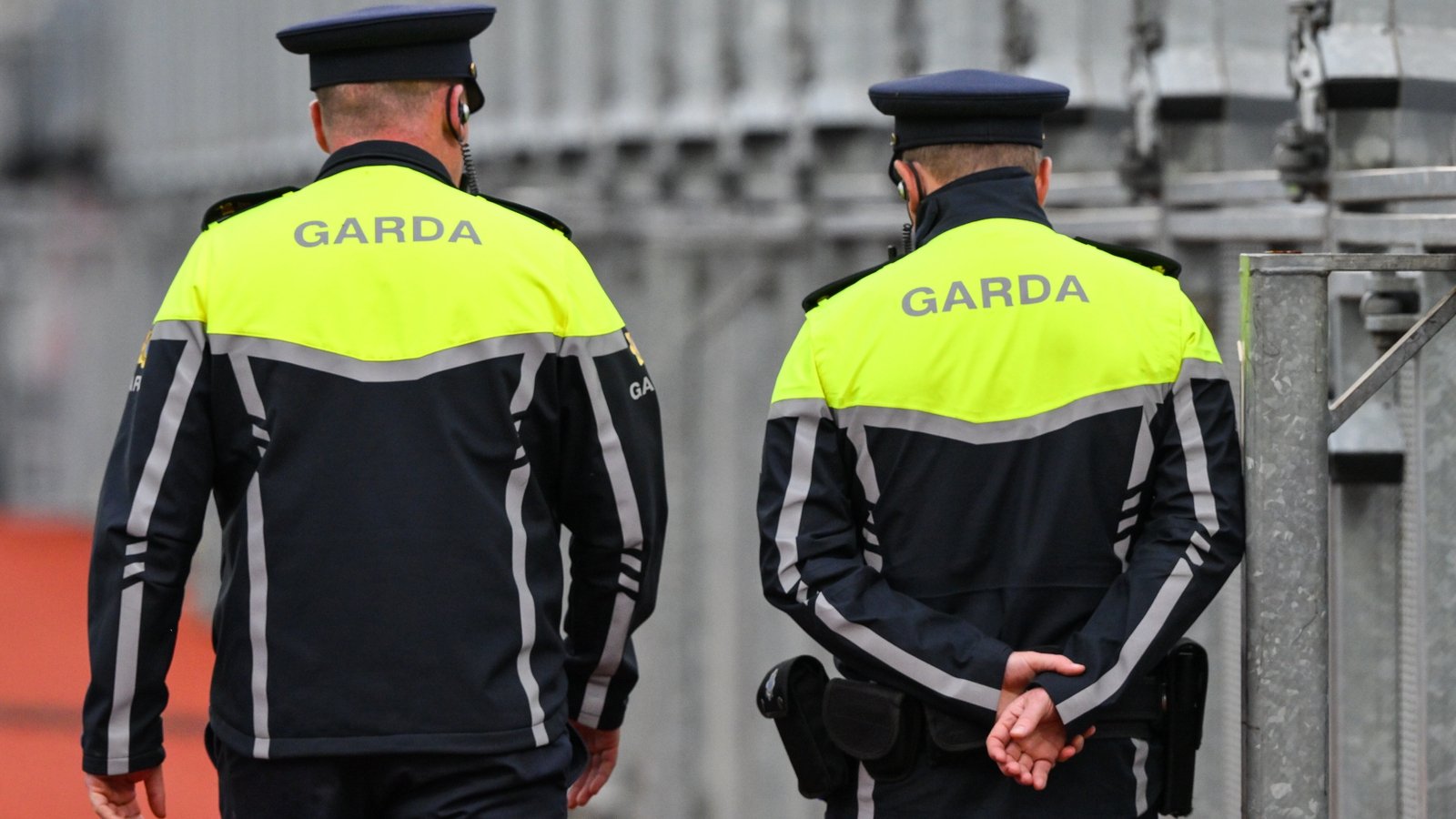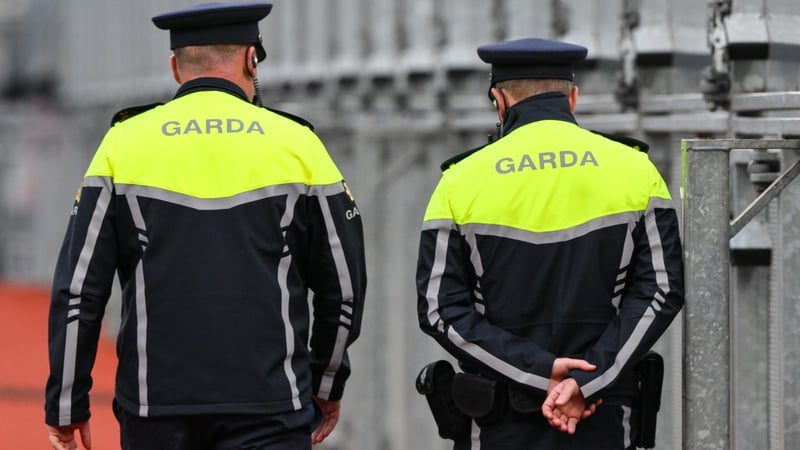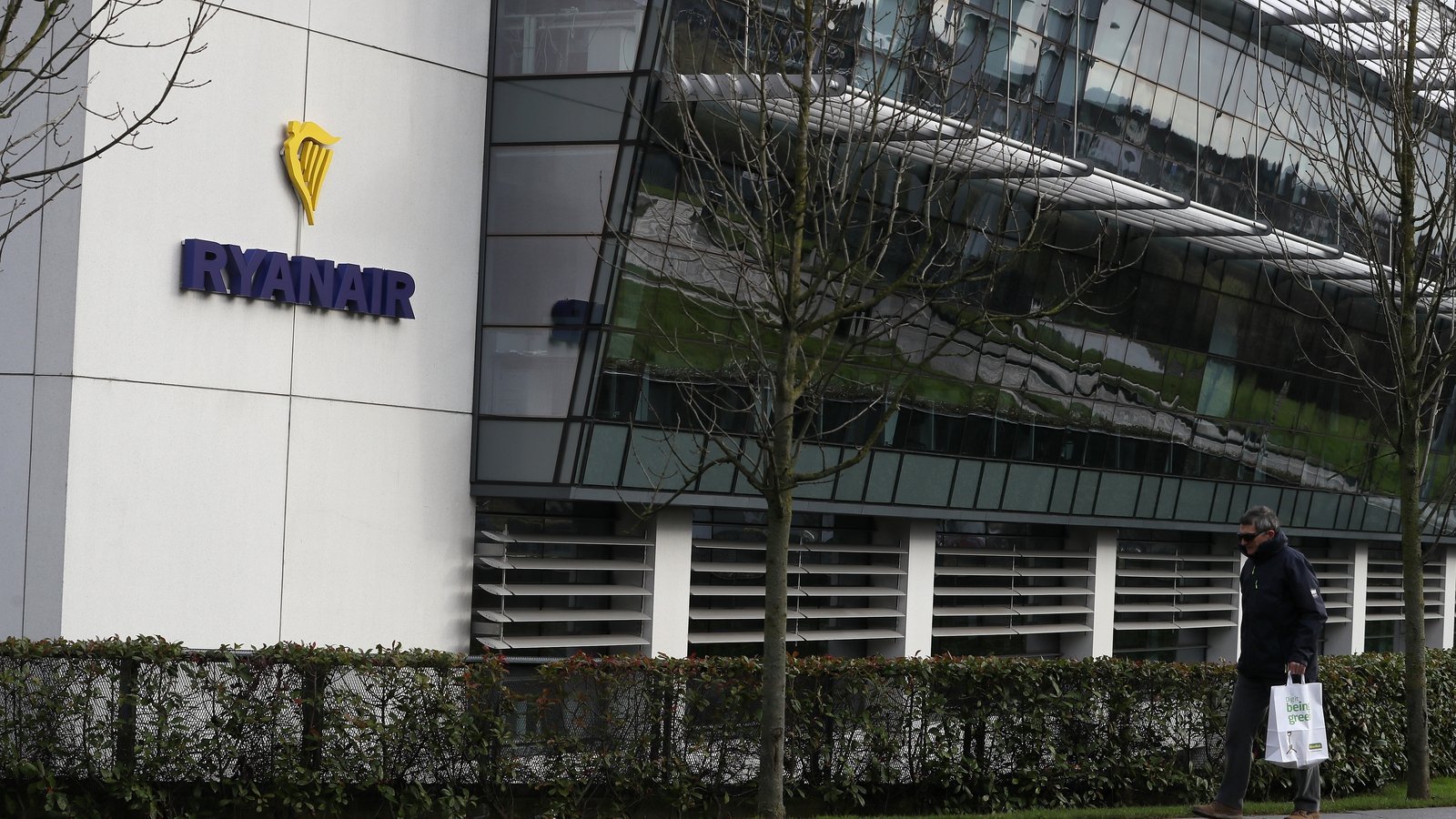Are the challenges facing An Garda Síochána unique to Ireland?


Analysis: police forces around the world are facing the same issues around recruitment, policing of protests and online threats
Earlier this week, the Garda Representative Association (GRA) met for its annual conference in Westport, Co Mayo. Participants highlighted issues such as recruitment and retention, policing of protests and mis/disinformation and online threats as significant challenges. These issues were also raised earlier in the year in a report by the Oireachtas Joint Committee on Justice and several years ago by the Commission on Future Policing in Ireland.
These challenges are complex but certainly not unique to Ireland. Recruiting and retaining police officers is a major issue globally. Pay, career progression, stress, leadership, disciplinary procedures and equipment/technology availability are consistent themes in research. A competitive labour market impacts recruitment and means higher external demand for those with policing related skills and experience. Global competition for police officers is high: Australian police forces, for example, are recruiting from Ireland, apparently offering higher pay and better conditions.
We need your consent to load this rte-player contentWe use rte-player to manage extra content that can set cookies on your device and collect data about your activity. Please review their details and accept them to load the content.Manage Preferences
From RTÉ Radio 1’s Morning Ireland, RTÉ Crime Correspondent Paul Reynolds discusses the Garda Representative Association decision not to invite Garda Commissioner Drew Harris to its annual conference
This research suggests that recruitment and retention strategies to ensure a policing career remains attractive must evolve to account for societal changes, including the attributes and career expectations of younger generations. Career patterns in contemporary society are different from traditional policing career structures, with workers now changing career focus regularly, expecting flexibility for caring responsibilities, and seeking career breaks to travel and study.
An increased focus on work-life balance and flexible employment options is required. The recent move to change the upper age limit for Garda recruitment is welcome in expanding the talent pool to include different skillsets and life experiences.
However, diversity remains a significant issue, and this can impact recruitment and retention. A 2023 study reports that 98% of gardaí identify as White Irish, and females are still significantly underrepresented. Ireland’s society is increasingly diverse and there are challenges in ensuring that the organisation reflects the ethnic, religious, and cultural diversity of the population.
We need your consent to load this rte-player contentWe use rte-player to manage extra content that can set cookies on your device and collect data about your activity. Please review their details and accept them to load the content.Manage Preferences
From RTÉ News, GRA has said an increase in the number of attacks on its members and an emboldened far-right are making the job of policing more difficult
This is important to ensure consistent staffing levels, but also that Gardaí have the language skills, cultural competence, and community connections to police effectively and in partnership with diverse communities. Recruiting from ethnic and social minorities requires a strategic and tailored approach, but the level of trust in police and perceptions of the quality of the police service by these communities can be a significant barrier.
Driven by post-pandemic anti-government views, there has been a global increase in physical protests and occupations, and online protest activity. It is challenging for police to balance law enforcement responsibilities for public safety and freedom of movement, with the rights of people to freedom of expression and peaceful assembly.
While some aspects of operational response, such as equipment availability and public order training are under the control of police organisations, there are broader legal and societal issues which make the policing of protests particularly challenging from an individual officer perspective. Legal definitions are often vague or outdated, resulting in confusion in the fast-moving operational context.
We need your consent to load this rte-player contentWe use rte-player to manage extra content that can set cookies on your device and collect data about your activity. Please review their details and accept them to load the content.Manage Preferences
From RTÉ News, GRA say gardaí do not have proper riot training
There are many complex questions, such as legal definitions of hateful speech, how police should respond to disorder or disruption caused by appearances by controversial speakers at private events or what the role of police is in taking positive steps to protect freedom of expression. These gaps in clarity of legislative and policy guidance may leave individual officers in difficult situations in their day-to-day operational role. As in comparable societies, Ireland urgently requires principled reform at a legislative level.
Disinformation is where false or modified information is knowingly or deliberately shared to cause harm, while misinformation describes a range of categories of false and inaccurate information. Both may be rapidly shared online, while any corrections or rebuttal is likely to be delayed. Globally, mis/disinformation are key drivers of protest activity, and can also be directed against police officers. An example would be where video or still images are edited and distributed to provide misleading impressions of a situation.
While mobile phone footage and images can be valuable in recording matters of public interest such as illegal or poor-quality police practice, the wide availability of editing tools and generative artificial intelligence means that false or misleading information is easily created and distributed. Relatedly, distribution of images of police officers on social networks along with identifying details and threats can have a significant effect on officer wellbeing and safety.
We need your consent to load this rte-player contentWe use rte-player to manage extra content that can set cookies on your device and collect data about your activity. Please review their details and accept them to load the content.Manage Preferences
From RTÉ Radio 1’s Late Debate, enforce the laws, enact new ones or let protestors keep on protesting at politicians’ homes? Discussion with Barry Cowen TD (Fianna Fáil), Martin Kenny TD (Sinn Féin), Denis Naughten TD (Independent TD) and Sinéad O’Carroll (Editor TheJournal.ie)
In the Irish context, technologies such as facial recognition technology and body-worn cameras have been proposed as solutions. Where there is a clear and lawful purpose and the use is necessary and proportionate, this could be of some use in identifying instances of alleged offending or providing a reliable record of a situation.
However, addressing individual instances does little to stem the overall tide of mis/disinformation or online threats. The gradual strengthening of European Union regulation of online providers and technology companies is a positive step, but a combined government and civil society effort is required to tackle this complex problem.
The author previously worked in a senior leadership role at New Zealand Police
Follow RTÉ Brainstorm on WhatsApp and Instagram for more stories and updates
The views expressed here are those of the author and do not represent or reflect the views of RTÉ




